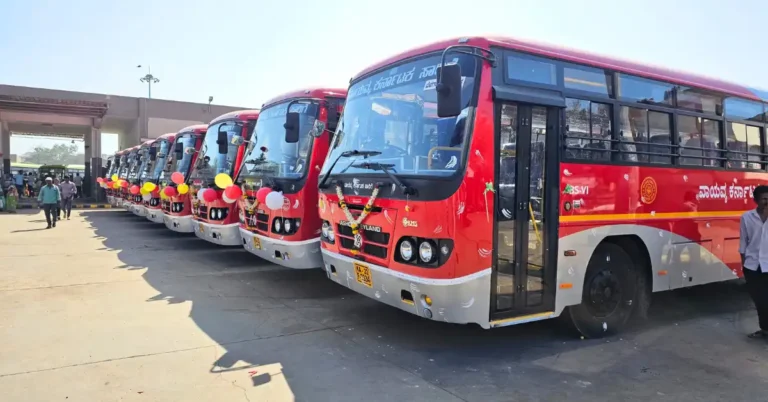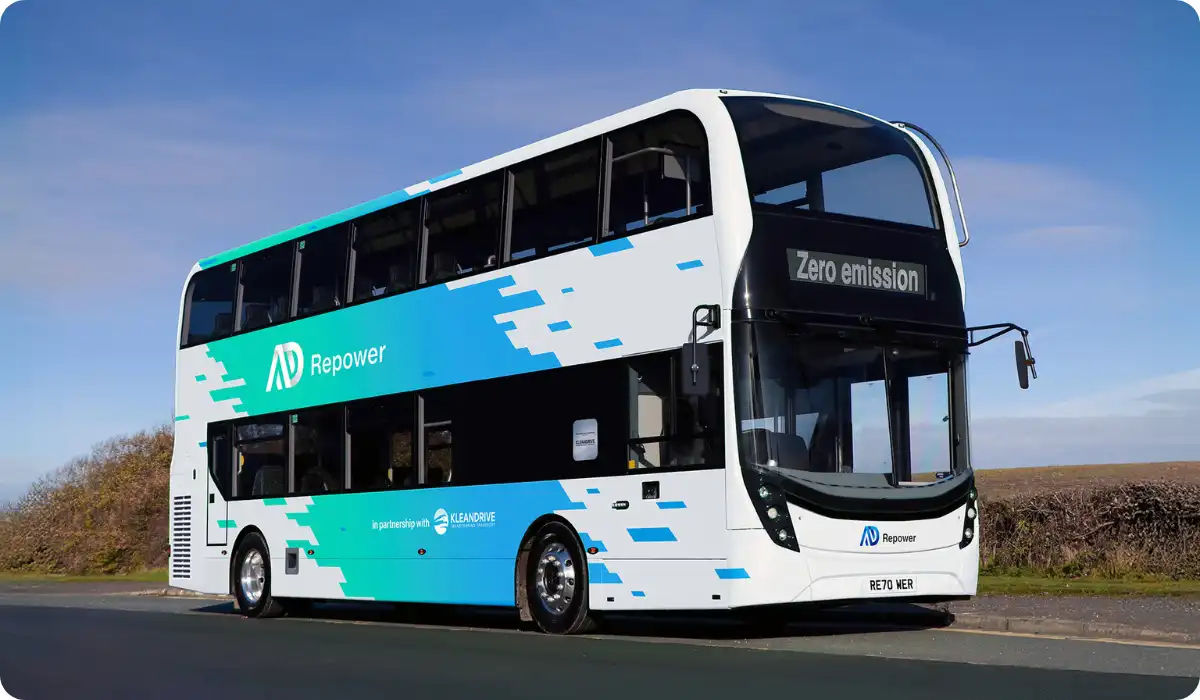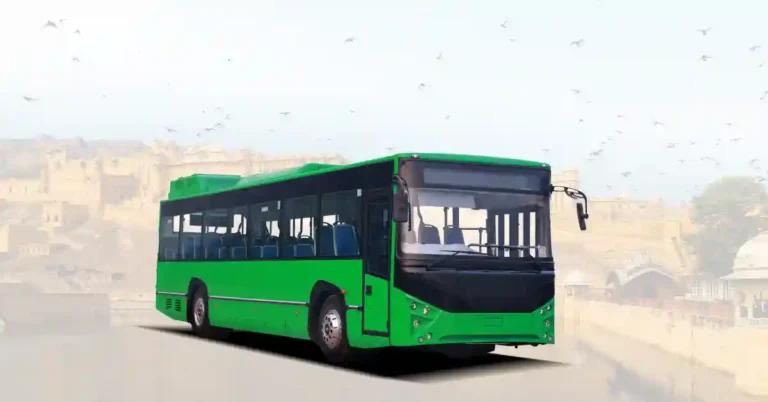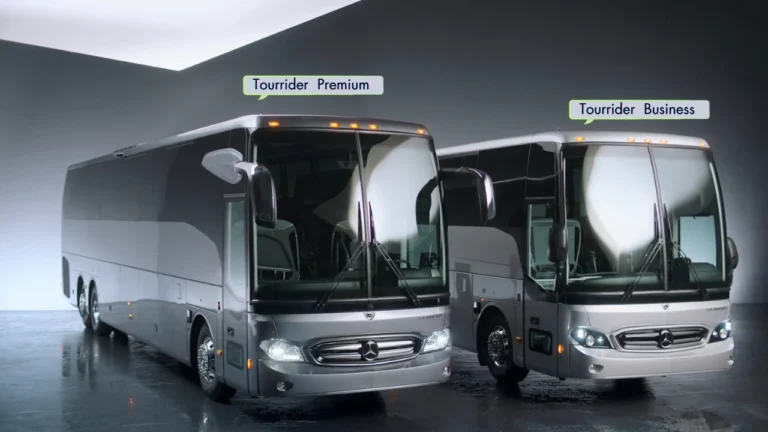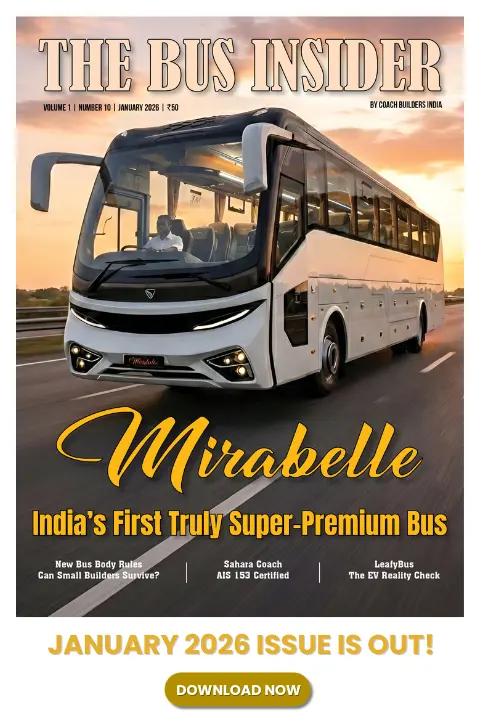Solaris Creates History With World’s First Electric Bus with a Battery Passport
Solaris delivers the world’s first electric bus with a battery passport – the Solaris Urbino 18 articulated electric bus, featuring cutting-edge technology for sustainability.
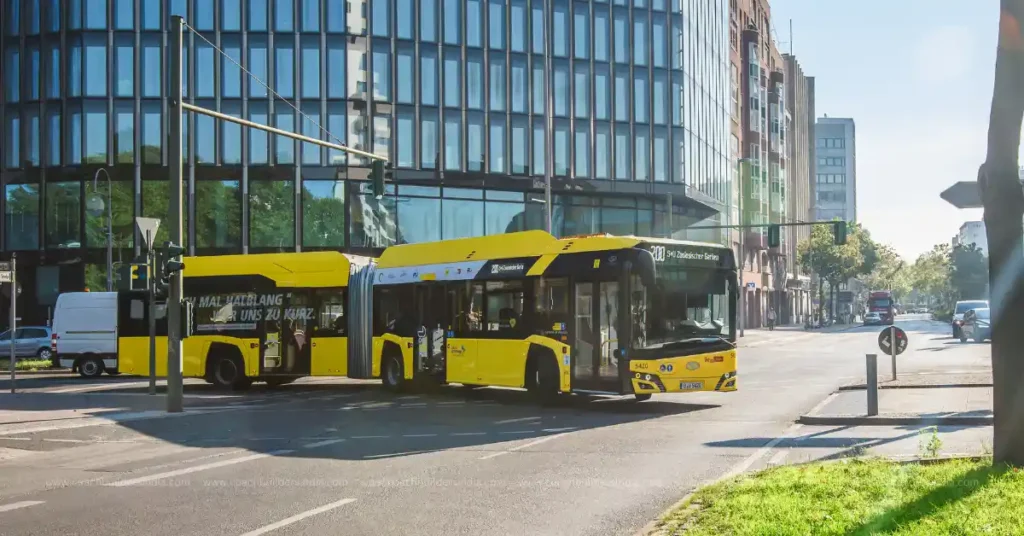
Solaris has made a groundbreaking achievement with the delivery of the world’s first electric bus with a battery passport. The Solaris Urbino 18 articulated electric bus has been delivered to Berlin, marking a major milestone in the advancement of sustainable transport.
This electric bus is equipped with Solaris’ advanced high-energy batteries, offering an impressive capacity of around 700 kWh. Notably, the bus is the first of a series of 50 articulated electric buses ordered by BVG Berlin in late 2023, all of which will feature this innovative battery passport technology. The full delivery of these vehicles is scheduled to be completed by 2025.
This move comes ahead of the European Union’s upcoming battery passport regulations, which will become mandatory for all batteries, including those in electric vehicles, by February 18, 2027.
Solaris has delivered this electric bus with a battery passport well ahead of the required deadline, highlighting its commitment to environmental responsibility and technological leadership.
Also Read: Veera Mahasamrat EV 13.5M Specs: World’s Fastest Charging E-Bus
What is a Battery Passport?
As the world embraces e-mobility, the need for managing batteries responsibly has grown more urgent. A battery passport is a digital document that contains critical details about a battery’s life cycle, including its materials, origin, and environmental impact.
It offers transparency by tracking the composition, including the percentage of rare materials such as lithium, cobalt, and nickel, as well as data on the carbon footprint and renewable material content.
For the Solaris Urbino 18 electric bus, passengers and maintenance personnel can easily access this data by scanning a QR code attached to the bus’s battery components.
The battery passport ensures responsible management, from the initial sourcing of raw materials to proper recycling at the end of the battery’s life, making it an essential tool for promoting sustainability in the transportation sector.
Also Read: Switch Mobility Launches Two Global Models Switch EiV12 and E1
Why is the Focus on Battery Passport?
The battery passport is a vital tool for increasing transparency across the battery’s entire lifecycle. Electric vehicle (EV) batteries contain valuable and often scarce materials. Properly tracking and managing these resources helps reduce environmental impact and preserves natural resources.
The introduction of the battery passport enables the tracking of how materials such as lithium, cobalt, and nickel are sourced, promoting ethical and sustainable practices in the EV industry. With access to comprehensive data on the environmental impact of these materials, it becomes easier to optimize recycling processes and increase the use of renewable materials, contributing to a circular economy.
Solaris Urbino 18 – The World’s First Electric Bus with a Battery Passport
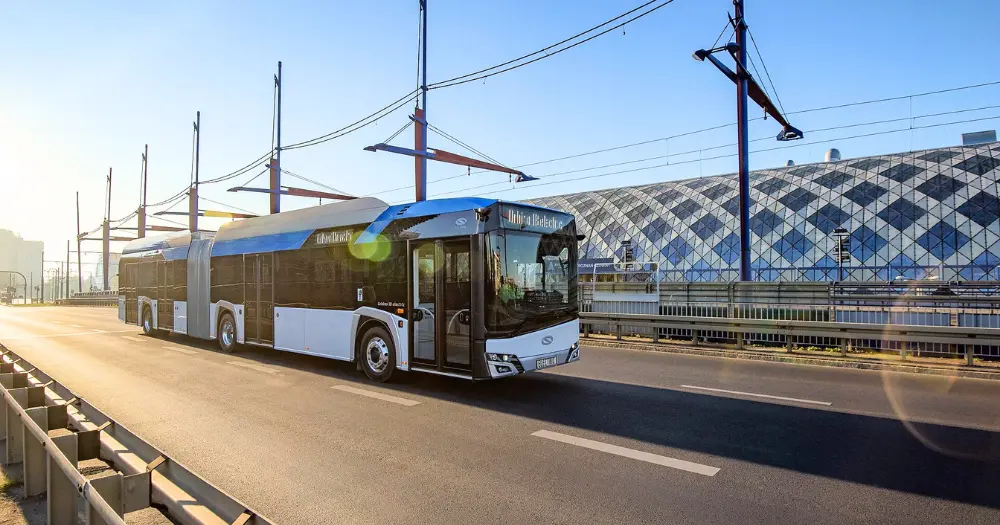
The Solaris Urbino 18 articulated electric bus stands as the first-ever electric bus to feature a battery passport, setting a new standard for sustainability and innovation in the public transport sector. This move by Solaris is a significant step forward, as battery passports will soon become a legal requirement in the European Union for all-electric vehicle batteries by 2027.
The Solaris Battery HUB, the company’s center of expertise for managing battery operations, is pivotal in advancing the development of a circular economy for lithium-ion batteries. This ensures that all aspects of battery management, from manufacturing to end-of-life recycling, are handled with the utmost care and sustainability.
Catch the latest Bus Industry updates, Exclusive Interviews, Bus News, and International Bus News on Coach Builders India. Download the latest issue of the The Bus Insider magazine for more insights.


